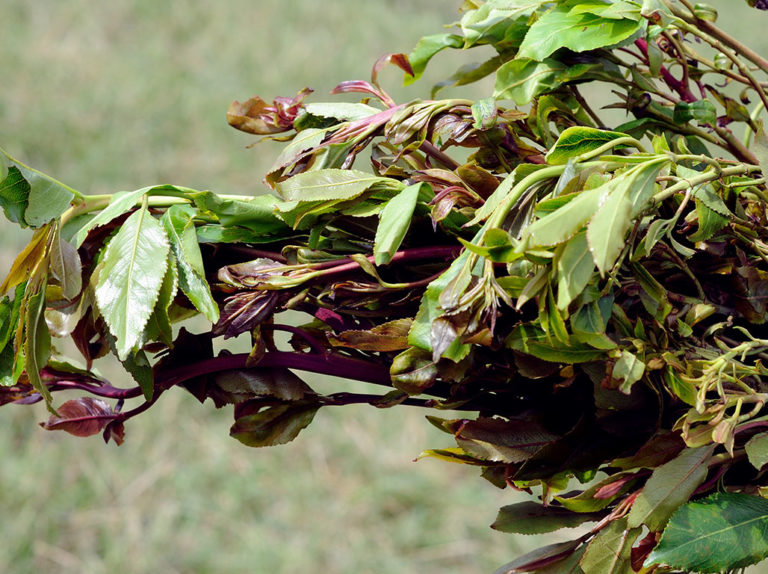Khat, pronounced “cot,” is a highly addictive drug categorized as a stimulant that creates feelings of euphoria. Khat originates from the catha edulis shrub, which grows abundantly in parts of East Africa and the Arabian Peninsula. Cathine, a Schedule IV drug, and Cathinone, a Schedule I drug, are khat’s two active ingredients. The khat leaves dry within 48 hours after the plant has been cut, lessening the stimulatory effect produced by cathinone by converting into cathine, which has a much stronger effect. According to the World Health Organization, khat is classified as an abusive drug that can produce mild to moderate psychic dependence.
Khat Is A Recreational Drug Illegal In The US
Although khat is legal in certain parts of Europe, East Africa, and the Arabian Peninsula, it is illegal in the United States. A recreational and religious drug used commonly by natives of the source countries, khat can be found in many social environments. During the celebration of Ramadan, khat use is very popular to relieve fatigue and reduce appetite. In certain social environments, khat is used in place of alcohol. According to Arab journals from the 13th century, physicians have used khat to treat depression and lack of energy. Peasants in certain cultures who worked long hours also used this stimulant.
In countries where khat grows abundantly, the drug is found to be a large part of the country’s economy. In Ethiopia, for example, khat is the 4th largest export. After being cut from a 10-20 ft. tall flowering evergreen shrub, khat leaves are bundled in plastic bags or banana leaves so the moisture and freshness of the active ingredients in the plant are retained as it is smuggled into the United States and any other countries.
Khat Effects on the Brain
The effect of khat on the brain and spinal cord is similar to that of amphetamines, which are simulated through synapses. Fatigue is alleviated, appetite is reduced, attention span is decreased, and levels of alertness and motor activity are increased. Users can quickly develop a psychological dependence to the drug, which increases their confidence, friendliness, and contentment. Hallucinations, grandiose delusions, and paranoia have also been noted as side effects of using khat. The cathinone found in the drug effect the central nervous system, causing an excess amount of dopamine to be produced. High accumulation of dopamine in the brain can cause hallucinations, schizophrenia, and high blood pressure.
Short Term Effects
- Irritability and insomnia
- Mild euphoria and excitement
- Physical exhaustion
- Breathing difficulties
- Constipation
- Tachycardia (elevated heart rate)
- Hallucinations, manic behavior, and hyperactivity
- Increased alertness and concentration
- Increased motor activity
Long Term Effects
- Anorexia
- Gastric Disorders
- Depression
- High risk for heart disease and cancer of the mouth
- Tachycardia (elevated heart rate)
- Liver damage and cardiac complications
Methods of Use
Khat is taken orally as a tea, chewed into a paste, smoked, or sprinkled on food. The leaves, twigs, and shoots of the khat shrub are most commonly chewed and stored in the cheek. The stimulant effect of khat is most effective when the leaves are still fresh. In fact, within 48 hours of cutting the plant, khat will begin to lose the potency of cathinone.
Addiction, Tolerance, & Withdrawal
There is no specific physical addiction to khat; however, there is a psychological dependence. Regular users of khat can develop a psychological dependency to the drug. Signs of withdrawal include minor laziness, mild depression, nightmares, and slight tremor. Consistent usage can increase the risk for psychological dependence that is moderate, but persistent.
Terminology
- Abyssinian Tea
- African salad
- Oat
- Kat
- Catha
- Qat
- Chat
- Gat
- Tohai
- Tshcat
- Mirraa
Courtesy The University of Maryland
If you need help with addiction, visit Recovery Guidance for a free and safe resource to find addiction and mental health professionals near you.
Save
Save





















